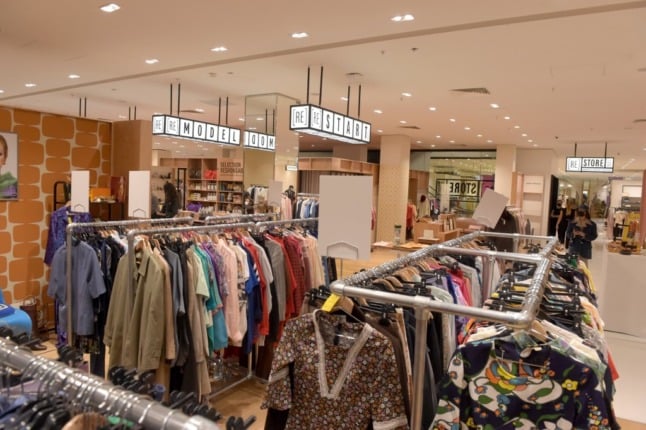The French government has launched a website to help people recycle old, no-longer wanted items, extend their lifespan and protect the environment.
Most people living in France know that local Emmaus centres will take away old items of furniture, or that most supermarkets have recycling points for used batteries and lightbulbs.
But did you know that, for example, Norauto car parts centres will take old fire extinguishers? Or that you can take that broken TV to one of several well-known appliance stores, and they will ensure that it is properly recycled?
The website lesbonneshabitudes.gouv.fr offers advice on what to do with those hundreds of household items, from medicines to solar panels, furniture to old boats – and just about anything and everything in between that you no longer use or want – and where you can take them to be properly and safely dealt with.
On entering the site you will be asked to pick the type of item you want to dispose of, and then directed to a map of disposal points near you. You can also do a postcode search.
ALSO READ: IN DETAIL: The financial aid to buy greener vehicles in France
Some items may be repaired and sold on as part of a rapidly growing ‘circular economy’. Others will be taken apart and recycled safely.
According to figures from the Ministry of Ecological Transition, recycling has increased by 13 percent in the past 10 years.
It is hoped the website will help people recycle more, said Vincent Coissard, deputy director at the ministry in charge of waste and the circular economy.
“Citizens really want to do the right thing in sorting,” he said, “whether it is by extending the life of a product, or more simply by recycling, but they do not necessarily know where to take their products.
“Where they have to deposit the product is not necessarily the same depending on whether they have batteries, whether they have packaging or whether they have electronic equipment.”



 Please whitelist us to continue reading.
Please whitelist us to continue reading.
When I go onto the site to get rid of a good bed frame and a farmhouse table, the site directs me to the local déchèterie, I don’t want to scrap them, they are in very good condition I want to be able to give them to someone who needs them.
Not very helpful at all.
Hello
Where are you based? I may be interested if the items are still available!